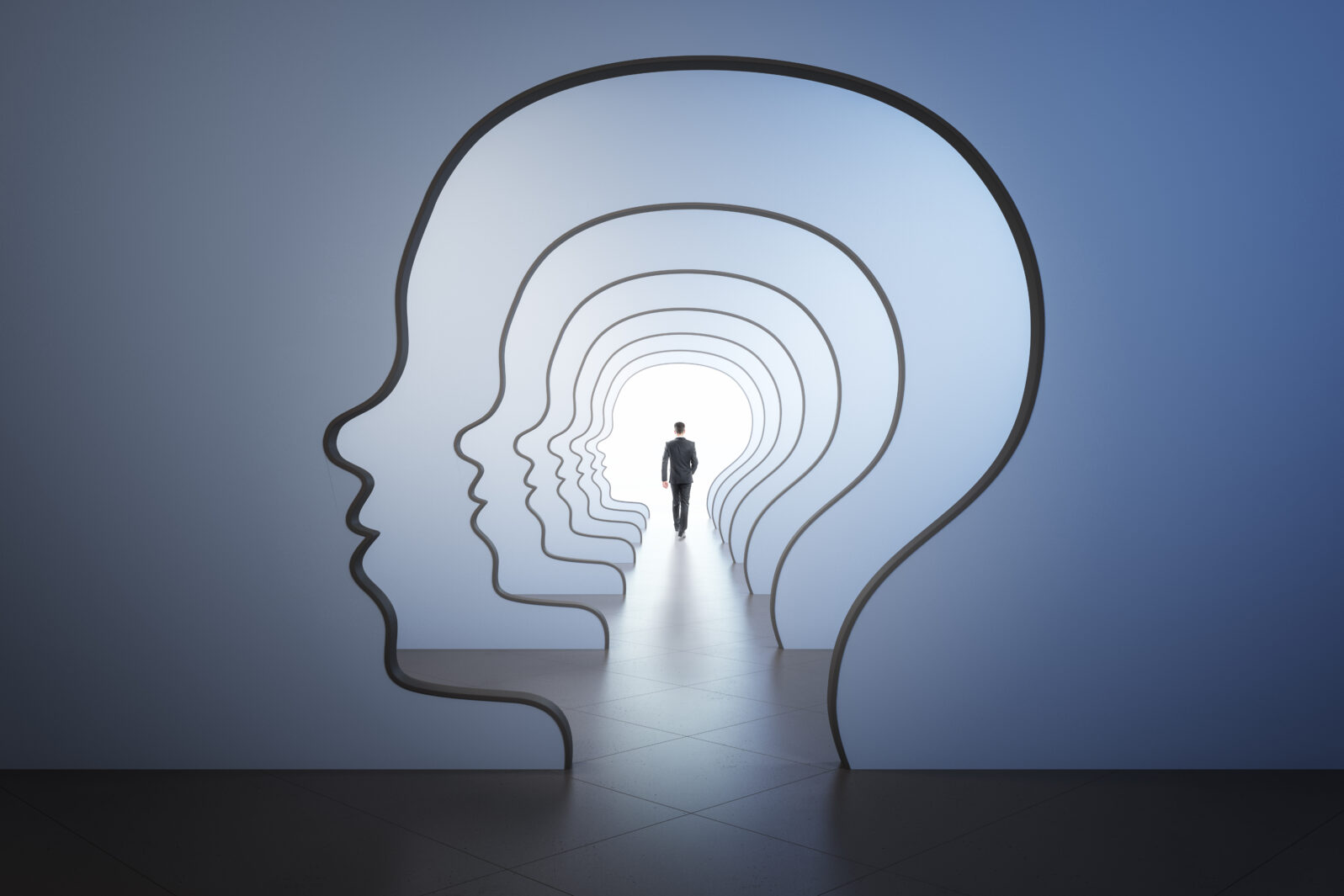If Science Doesn’t Support Dualism — Well, It Should
At Big Think, Kmele Foster interviews five figures in consciousness studies. Not one is a dualist but a listener may come away with a new appreciation for dualismIn “Consciousness: Not just a problem for philosophers” Big Think commentator Kmele Foster interviews five very different thinkers, some of them at a conference at the New York Academy of Sciences.
Some highlights to watch for:
Panpsychist researcher Christof Koch lost a 25-year wager with philosopher David Chalmers earlier this year because no one has found a “consciousness area” in the brain. He tells Foster:
Panpsychism really says, “Fundamentally, everything in the universe has two aspects: has an inner aspect and has an outer aspect.” It’s not something in additional you have to presuppose, but it comes inherent with object, with things. Complex things have complex minds associated with it. Simple things like maybe a fly or Protozoa have very, very, very simple minds associated with them…
Right now, it’s very difficult to address experimentally.
Kmele Foster, “Consciousness: Not just a problem for philosophers,” Big Think, December 5, 2023
Over 100 neuroscientists signed a letter attacking Koch’s view as “pseudoscience.” But here’s the problem: The only consistent materialist perspective on consciousness is eliminative materialism — the mind does not really exist. That perspective rules today but it eats its own tail. Thus Koch remains unCanceled.
Next, Foster talks to Swami Sarvapriyananda, a Hindu monk who heads up the Vedanta Society of New York. As we might expect, he looks at consciousness quite differently:
The way we look at consciousness is from the inside out… Consciousness itself does not need evidence ’cause it’s self-evident. It’s what in Vedanta we call ‘self-luminous.’ Light is a good example. In a dark room, when you switch on a light everything in that room, people and tables and chairs, they’re all revealed by that light. You don’t need another light to see that light. Consciousness is the light of lights, in Sanskrit . By its light, everything here is lit up. When we are seeing, hearing, smelling, tasting, touching, thinking, speaking, doing things, all the time one common thread all throughout is that we’re conscious. These are all activities, experiences in consciousness. And if you define life as a series of experiences, then what we would say is that an experience is consciousness plus an object. You are aware and then you’re aware of something.
Foster, “Problem for philosophers“
Different again is tech entrepreneur Reid Hoffman, best known for pioneering LinkedIn, who thinks machines can one day be conscious too:
It’s certainly not preposterous, although it’s preposterous the way that some people say it. ‘Cause I think right now the machines are much closer to tools than they are to creatures. Because part of how we make judgements and consciousness is like one of us will say something to each other that we’ll go, “Oh that is, actually, you’ve shown me something about the experience of that.” Or I see your response in kind of in delight or in pain with this and then I see a reflection of that in how I would do it. And so that’s part of how we do these things and the devices aren’t there right now. There’s nothing that says the devices couldn’t get there in some version.
Foster, “Problem for philosophers“

The question, of course, is not whether machine consciousness is “preposterous.” Rather, in an era in which materialists seek to somehow Cancel the human mind, what does the concept even mean? Advocates of machine consciousness will probably end up elaborating their own definition of consciousness — and to no one’s surprise, their machines will pass their tests. And we will have got nowhere with the fundamental philosophical problem.
Professor Melanie Mitchell, an AI specialist at the Santa Fe Institute, offers
But you know we have these systems now that talk to us in natural language and they seem like they’re self-aware. We know that they probably aren’t, almost certainly aren’t. But how would we tell? What kind of tests would we give? And then we start realizing that these questions don’t just apply to like AI; they apply to things like when is an infant self-aware?
Foster, “Problem for philosophers“
Infants indeed. That’s where the materialist neuroscientists who attacked Christof Koch began to feel threatened — when the idea that infants feel things imperiled abortion rights.
Physicist and philosopher Roger Penrose, the last interviewee on the tape, appears to respond to Mitchell,
Whatever we have in our heads which enables us to understand things is not something you can put on a computer. It’s very relevant, of course, to what people say now about AI. You see they seem to say, “Oh well, these AI systems they’re so clever, so smart that they’ll supersede us.” But to me, that’s a mistake. They get pretty clever and they can do all sorts of things faster than we can, sure, but they don’t understand anything. They don’t understand what they’re doing. Understanding is a quality which needs consciousness and they don’t have consciousness.
Foster, “Problem for philosophers“
But then he goes on to admit that he is a physicalist; that is, “I believe what’s going on in our heads is part of the physical world. ”
Well, if he thinks that, we are back where we started. Consciousness may not be just a problem for philosophers but it is a problem, one on which physicalism, eliminativism, and AI hype are not likely to shed much light. Pantheism offers us consciousness but the price tag is that there is nothing special about human consciousness, and that is demonstrably untrue.
Dualism — human consciousness is real, immaterial, and special — is the only approach that accords with the evidence. And if that’s not science, too bad for science.
This dilemma should be good for many conferences at decent hotels.
